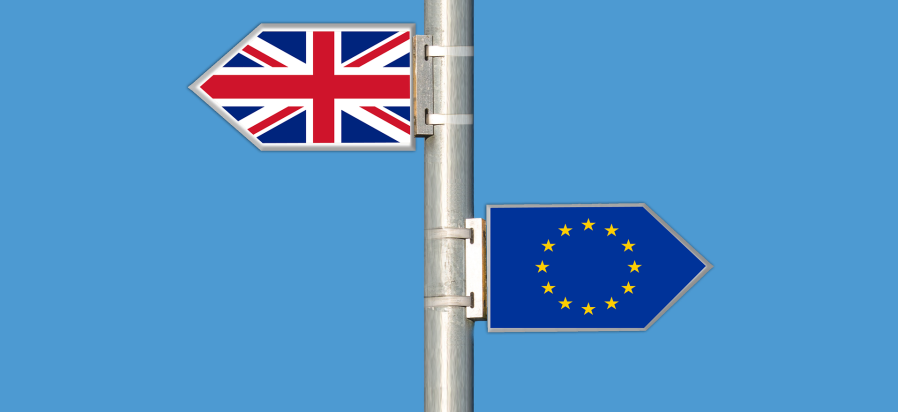In response to the Government’s new Border Target Operating Model (BTOM), the Institute of Export and International Trade and the Chartered Institute of Environmental Health (CIEH) have issued statements.
The Border Target Operating Model came into effect on 31st January 2024 after being announced in August 2023.
Responding to the policy’s implementation, CIEH stressed the “crucial role” of Environmental Health Officers (EHOs) in maintaining food safety amidst the implementation of new border checks that have now taken effect. The Institute of Export and International Trade (IOEIT) added that it would “support businesses” to adapt to the BTOM, and it would continue to do so “throughout the implementation period”.
Marco Forgione, director general at the IOEIT, said: “The long-awaited Border Target Operating Model will help to readdress some of the commercial disadvantages that UK businesses have been facing post-Brexit.
“This is an ambitious plan for UK trade, and should be applauded. In the long-term it will help reduce costs and friction for businesses, should make the UK’s borders the most modern and effective in the world, and promote and encourage free international trade. All of which we strongly advocate, as it will help to grow the economy.”

Forgione continued: “However, more than 70% of the businesses with whom we have spoken remain concerned about potential teething problems. Issues which will impact prices and availability. Small firms in particular have also reported mixed levels of awareness and understanding.
“Businesses in the UK and trading in the UK can help mitigate issues by ensuring they prepare for these changes and are communicating with all of their supply chain now. It is vital that those affected are aware of what is happening, when, and what the impact to them will be.
“BTOM has to be seen in the context of global trade digitalisation. The move to a risk-based approach also opens up the potential for businesses to establish relieving, diversified, anti-fragile supply chains. At a time when global supply chains are being weaponised and disrupted, resilience is essential.”
He said: “It is clear though that businesses here in the UK and in the EU remain uncertain about the new requirements and announcements over the last week have added to that uncertainty.”
New checks has underscored importance of food safety, says CIEH
In a call to action, CIEH addressed the need for EHOs in the current environment of workforce challenges facing the veterinary sector, particularly following the UK’s departure from the European Union. It said that the introduction of new border checks has “underscored the importance of stringent food safety measures” at UK entry points.
CIEH said that “given the current shortage of veterinarians for these critical inspections, CIEH advocates for the re-expansion of environmental health responsibilities to include a broader spectrum of food safety checks”. The proposal aims to “ease current workforce strain” and “uphold the UK’s high standards of food safety”.
Louise Hosking, executive director of environmental health at CIEH said: “Environmental Health is uniquely positioned to mitigate some of the challenges that will be posed by our new post-Brexit regulatory framework for import controls.
“Environmental Health Officers possess the requisite expertise, experience, and training to perform these essential inspections. By broadening their role in food safety checks at our borders, we can address current challenges pragmatically while steadfastly protecting public health.”









